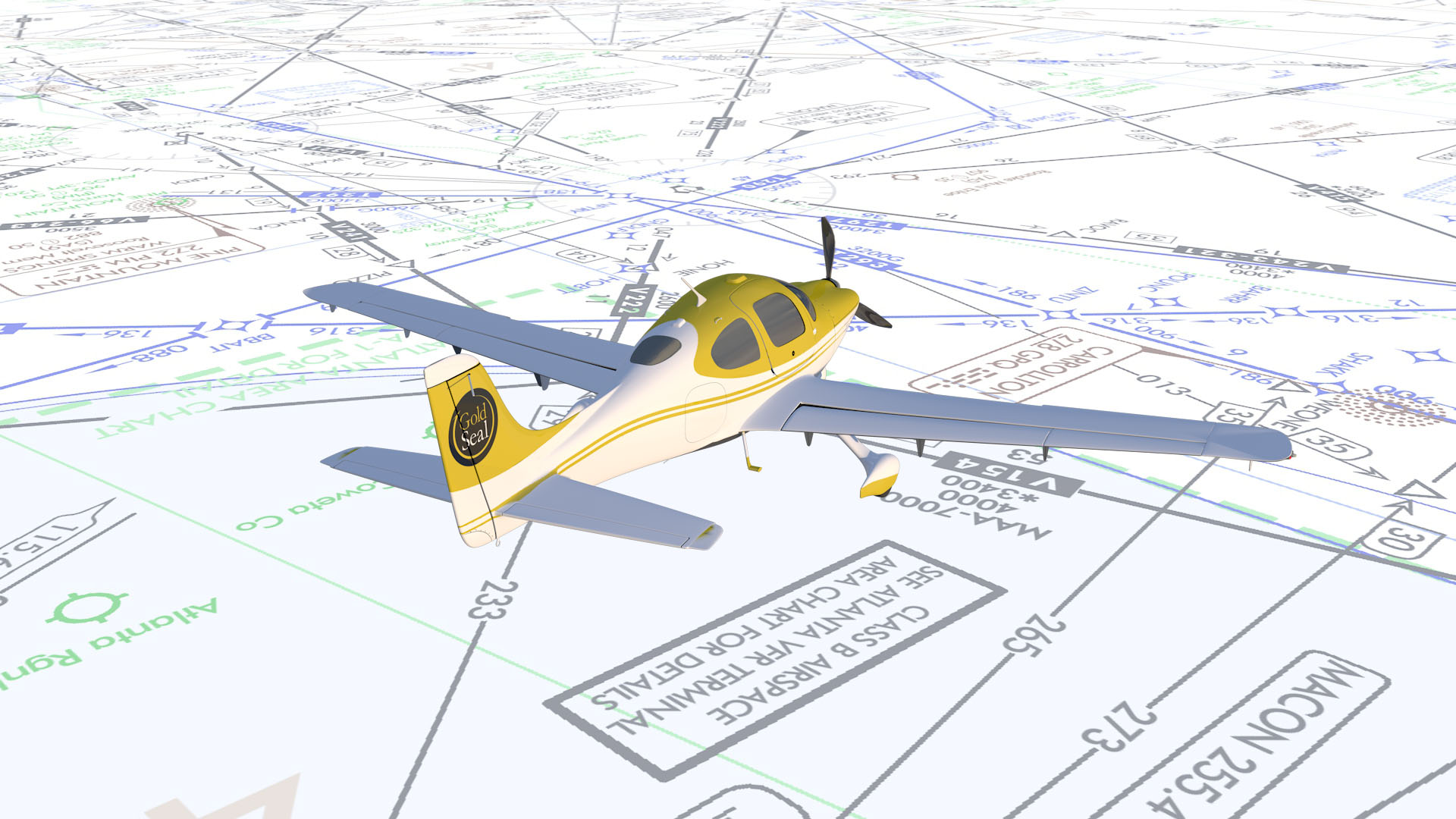CJones
Final Approach
Haven't been IFR current in a few years now and want to get back on the saddle. Have a couple of nights per week where I'm sitting in the truck for an hour or so waiting for the kiddos to get done with some sort of activity, so I figured I should probably put the time to good use.
Anybody have suggestions for good IFR refresher study material? I used Kershner's 'The Instrument Flight Manual' when I did my IR checkride back in '06 (is that far enough back that I can say 'aught-6'?), and I liked that book, but I'm wondering if some elements have updated since then - GPS is more prominent now, different navaid identifiers are in place, different IFR routing tools, etc.
Anybody have suggestions (other than the blanket "Just read the FAR/AIM")?
Anybody have suggestions for good IFR refresher study material? I used Kershner's 'The Instrument Flight Manual' when I did my IR checkride back in '06 (is that far enough back that I can say 'aught-6'?), and I liked that book, but I'm wondering if some elements have updated since then - GPS is more prominent now, different navaid identifiers are in place, different IFR routing tools, etc.
Anybody have suggestions (other than the blanket "Just read the FAR/AIM")?

